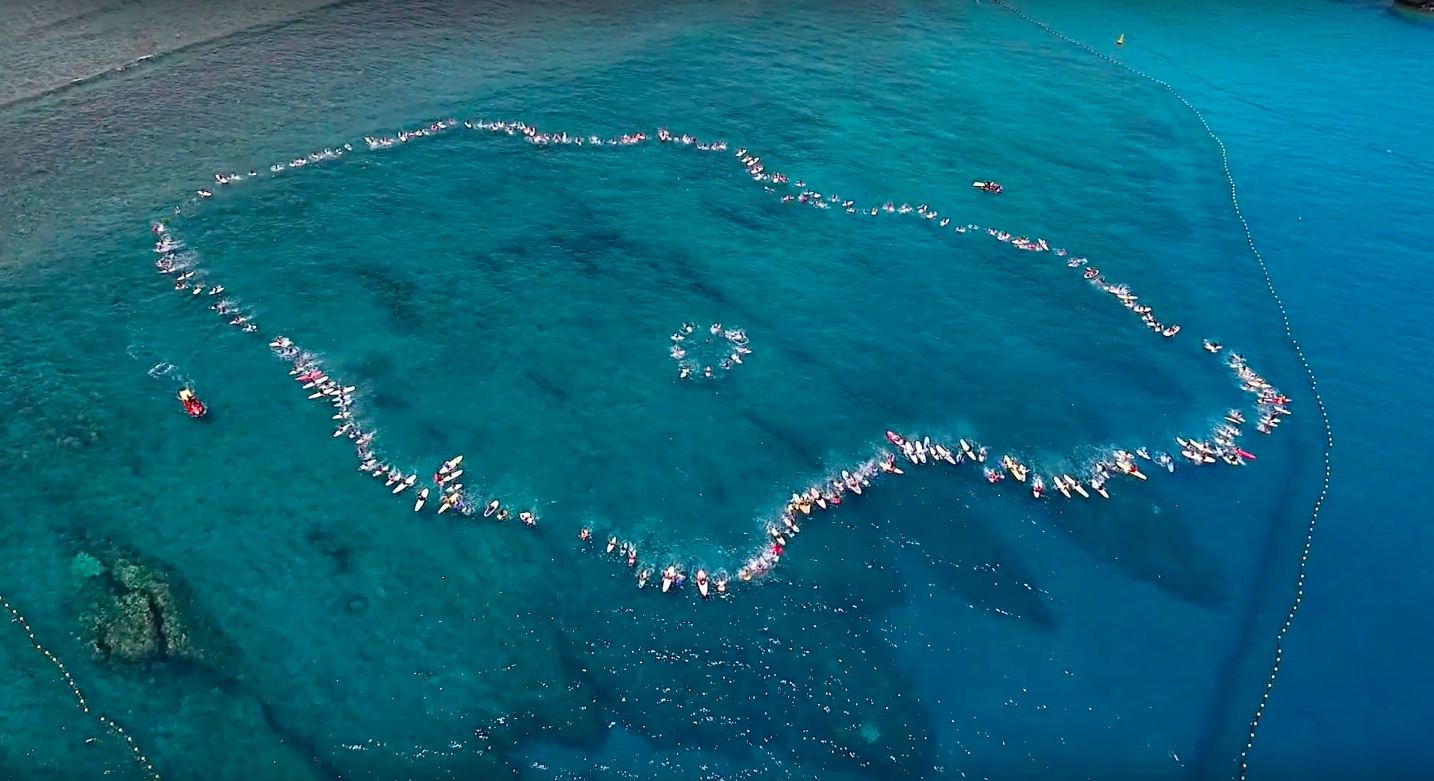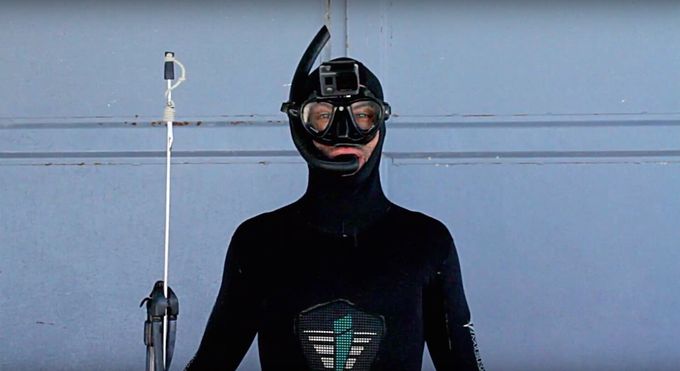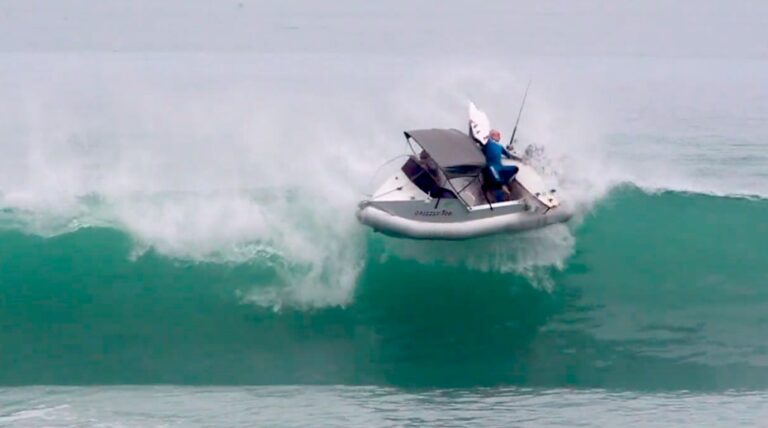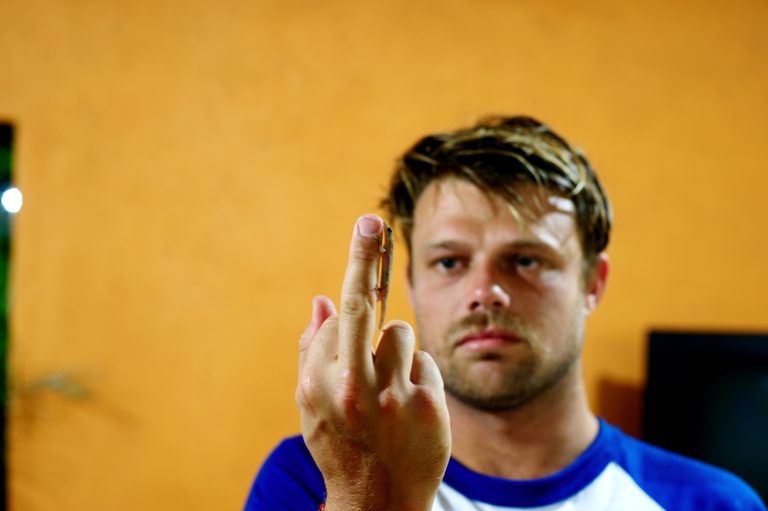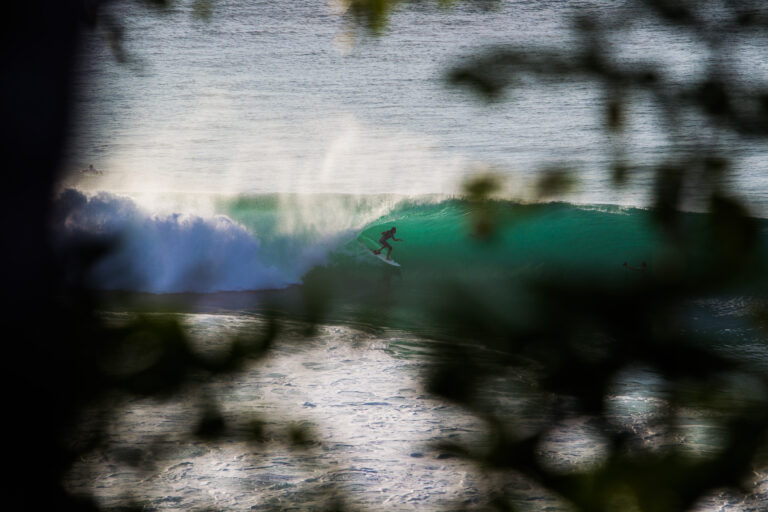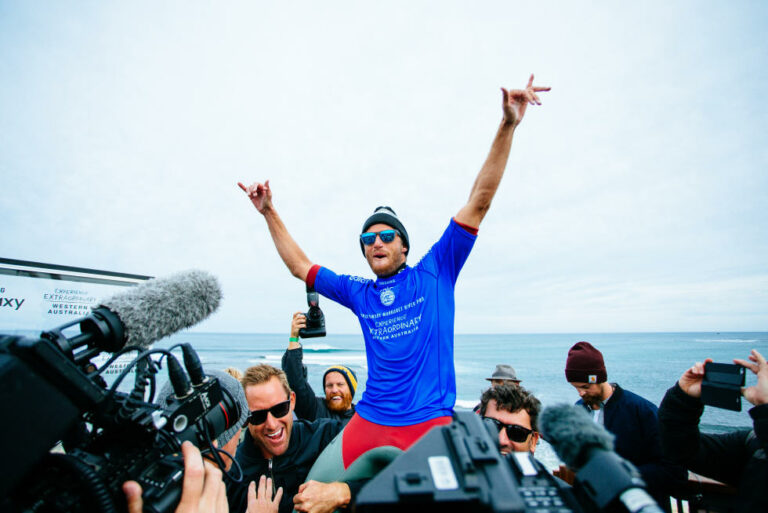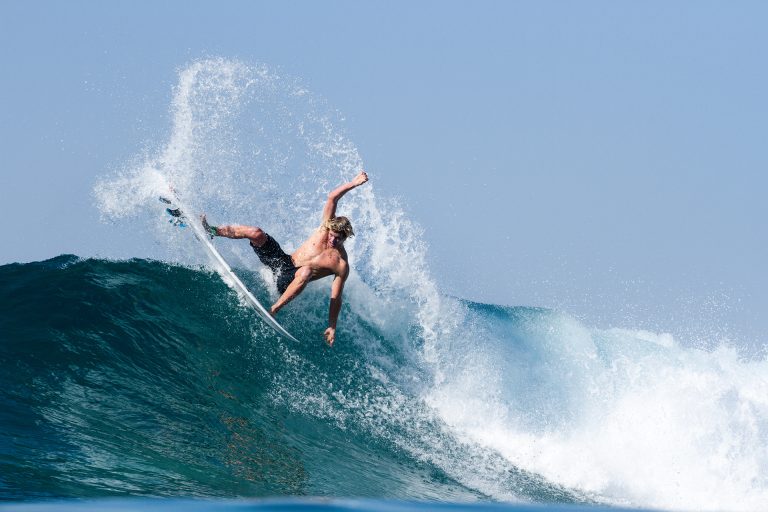If you’re not au fait with the crisis that has befallen Réunion, a French territory some 500 miles off the coast of Madagascar in the Indian Ocean, then picture this: a tropical island paradise for travelling surfers and the native surfing population; a wide variety of quality waves, some of them world class; world tour events, travelling pros passing through on a regular basis, countless high profile filming trips; a conveyor belt of young surfing talent; an economy heavily reliant on tourism, an industry in turn heavily reliant on tourists’ freedom to enter the sea and not face a decent probability of being maimed — all that, gone to the dogs.
Or rather, to the bull sharks.
“It’s the most beautiful beach,” says Jéremy Flores of the place where he caught his first ever wave. “It’s paradise. And it’s also where I lost one of my closest friends. […] They were surfing here on a beautiful day like today, and he got attacked by a bull shark, and they never found his body.”
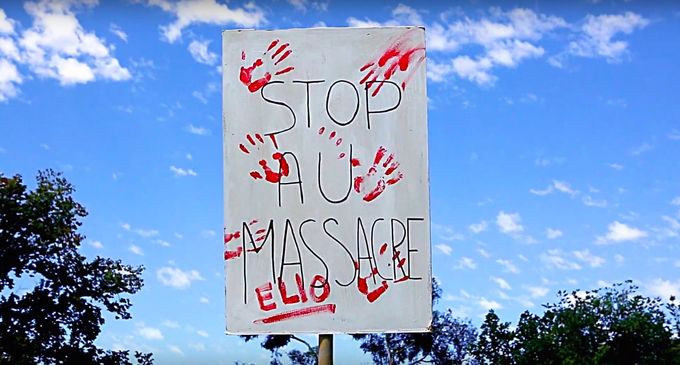
All of a sudden, attacks on an unprecedented level. Lots of blood, lots of missing limbs, lots of lost lives; not a lot of surfers, just a few hardy locals, many of whom have paid the price; not a lot of tourists, not a lot of business, surfing and bathing largely forbidden by law. Many blame the creation 10 years ago of a 15km Marine Reserve in the area of highest concentration of attacks, but whatever the reason the statistics are startling: in the last five years there have been 18 attacks, 7 of them fatal — and this during a period in which numbers in the sea were at an all time low. Last year, promising 13-year old surfer Elio Canestri snuck away for a surf without his parent’s knowledge and never came home.

